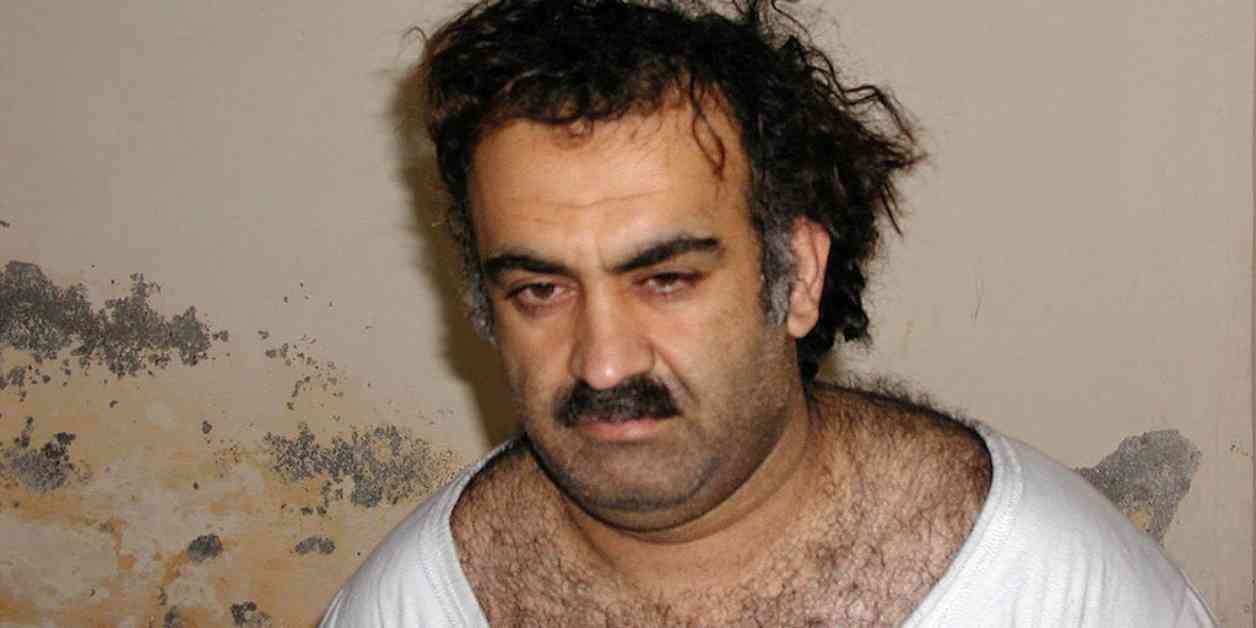The agreement that prosecutors made with three of the terrorists involved in the September 11 terror attacks, who were waiting for trial in Guantánamo Bay, Cuba, has been canceled by Defense Secretary Lloyd J. Austin III, as reported by the New York Times. On Friday, Defense Secretary Lloyd J. Austin III took charge of the situation and has now reintroduced the possibility of the death penalty for Khalid Shaikh Mohammad, Walid Muhammad Salih Mubarak Bin ‘Attash, and Mustafa Ahmed Adam al Hawsawi. These individuals are accused of providing training, financial support, and other aid to the 19 terrorists who carried out the attacks on September 11, 2001. These attacks resulted in the deaths of nearly 3,000 people and are considered the deadliest terrorist attack on U.S. soil in history.
Loved ones of the victims have expressed their anger upon hearing about the revoked deal. The decision made by Defense Secretary Lloyd J. Austin III has sparked controversy and raised questions about the future of the trial for these individuals. The White House has been contacted for a statement on this matter, but no response has been received yet.
This turn of events has brought back the possibility of the death penalty for the accused terrorists, including Khalid Shaikh Mohammad, who is believed to be the mastermind behind the 9/11 attacks. The decision to revoke the plea deal has significant implications for the trial proceedings and the potential outcomes for the defendants.
As this story continues to unfold, it is important to monitor the developments closely to understand the impact of this decision on the legal process and the pursuit of justice for the victims of the September 11 attacks. The controversy surrounding the revoked plea deal highlights the complexities and challenges of seeking justice in cases of terrorism and the importance of upholding the rule of law in such high-profile cases.


